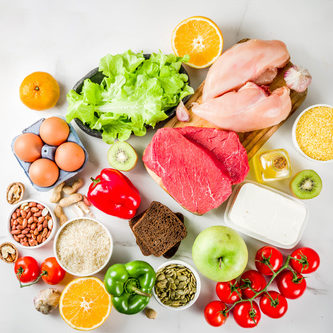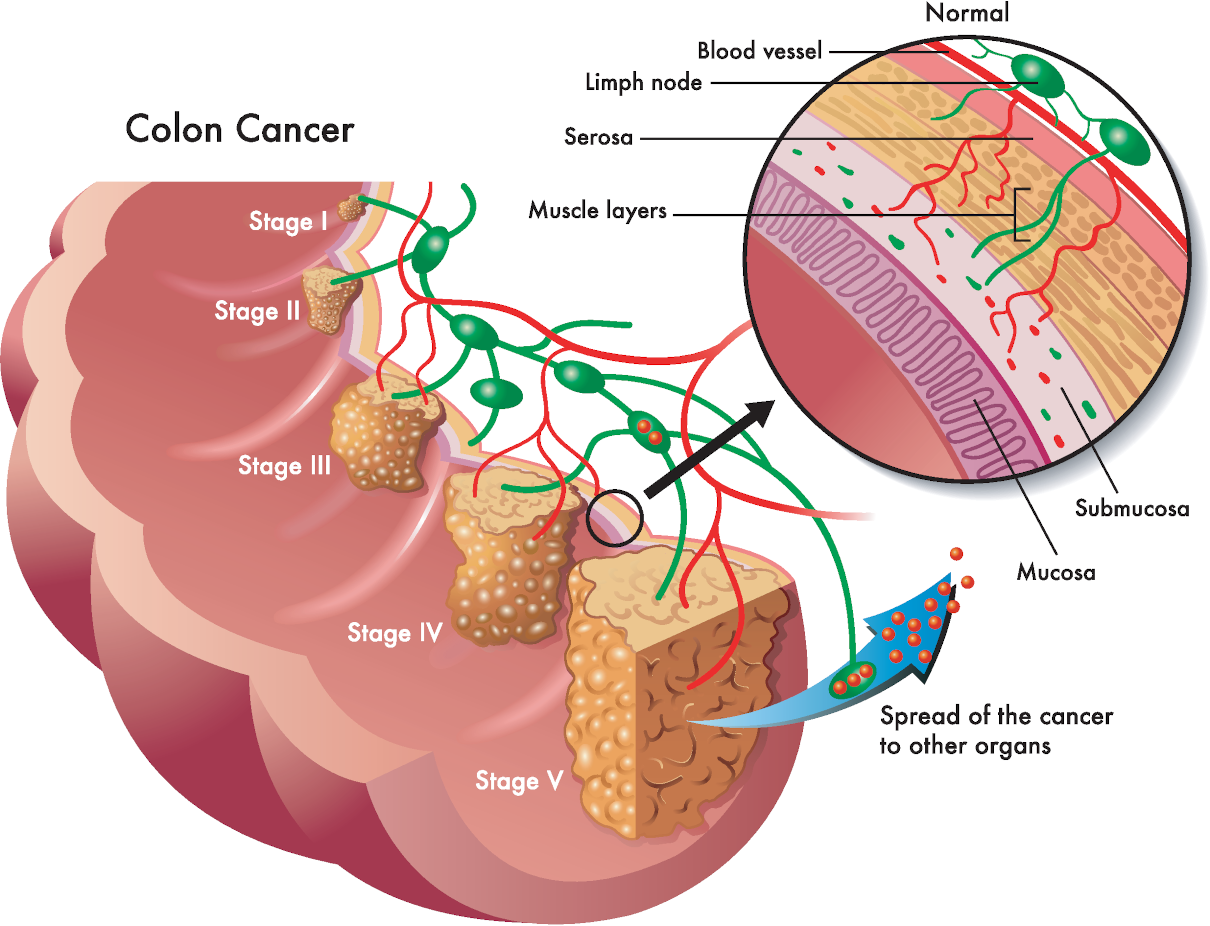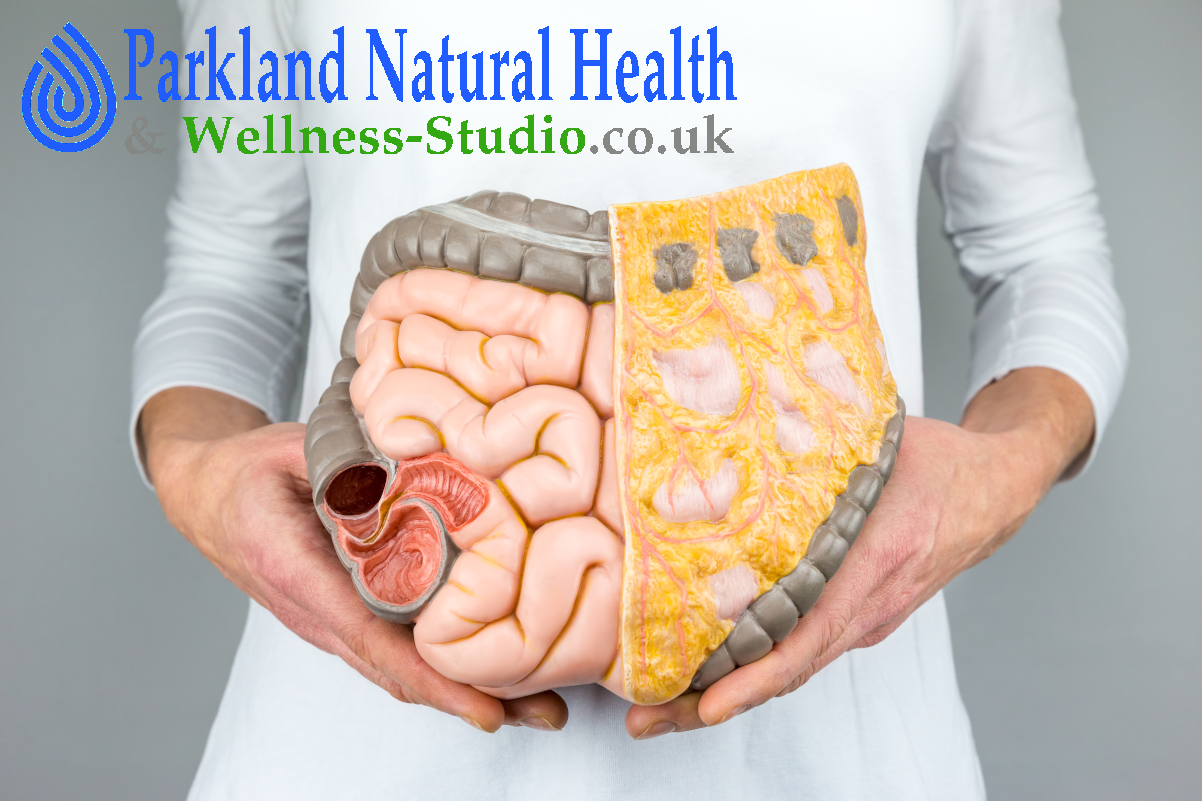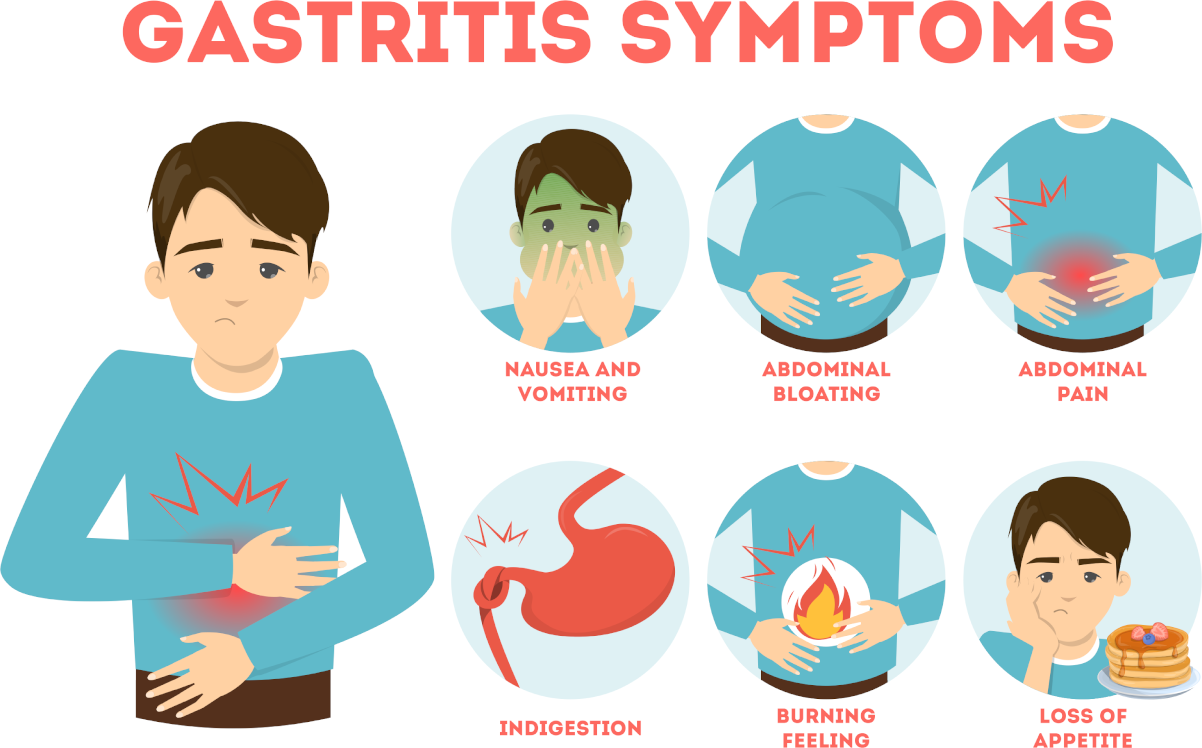
Symptoms of IBS may include increased flatulence, bloating, constipation, diarrhoea, pain and colic in the lower abdomen. Approximately every third illness, accompanied by similar symptoms, is IBS. An important feature is that unpleasant sensations in the abdominal area usually appear after eating and disappear after defecation.
Types
The sensations are usually painful cramps (spasms), long aches or thrusting-type pains. Additional symptoms are changes in the consistency of the stool, irresistible or false urges to defecate and a feeling of incomplete bowel movement after defecation.
There are three main types of IBS:
- accompanied by diarrhoea (approximately in two-thirds of patients);
- accompanied by constipation (about a quarter);
- combined constipation and diarrhoea (less than 10%);
- In some cases, stool changes don’t occur in the presence of IBS.

Mini Detox PLUS – 3 colonics, minerals, herbal & probiotic implants
The ideal pattern of colonic treatments includes three alkalising colon hydrotherapy treatments with sodium bicarbonate, one anti-parasitic implant on the first treatment, one liver and gall bladder stimulating herbal implant on the second treatment, and a high-strength probiotic implant on the third colonic.
Symptoms of IBS of different types
Diarrhoea usually empties the bowels, occurring at least three times a day. People suffering from this type of disease are urged to go to the bathroom early in the morning or early in the day, but not at night. Diarrhoea often happens when there is stress or intense feelings.
Constipation occurs no more than once every three days. Symptoms such as dyspepsia, nausea and dry mouth may also accompany constipation. Before you go to the toilet, you can feel colic that stops after a bowel movement.
Method
Patients also have vegetative disorders, such as headaches, insomnia, chronic fatigue syndrome and irritable bladder syndrome (almost a third of cases).
If you have symptoms of IBS, we recommend a proper diagnosis. It is best to consult a gastroenterologist. Diagnosing IBS is not easy. However, colonic irrigation is an excellent method for preventing it. Contact the specialists of our clinic for advice and information about the procedure.

Food intolerance test of 208 ingredients
This is our most comprehensive food and drink test. It analyses your client’s IgG antibody reactions to 208 food and drink ingredients. This test will highlight their food triggers and help you formulate an IgG-guided elimination diet together.









